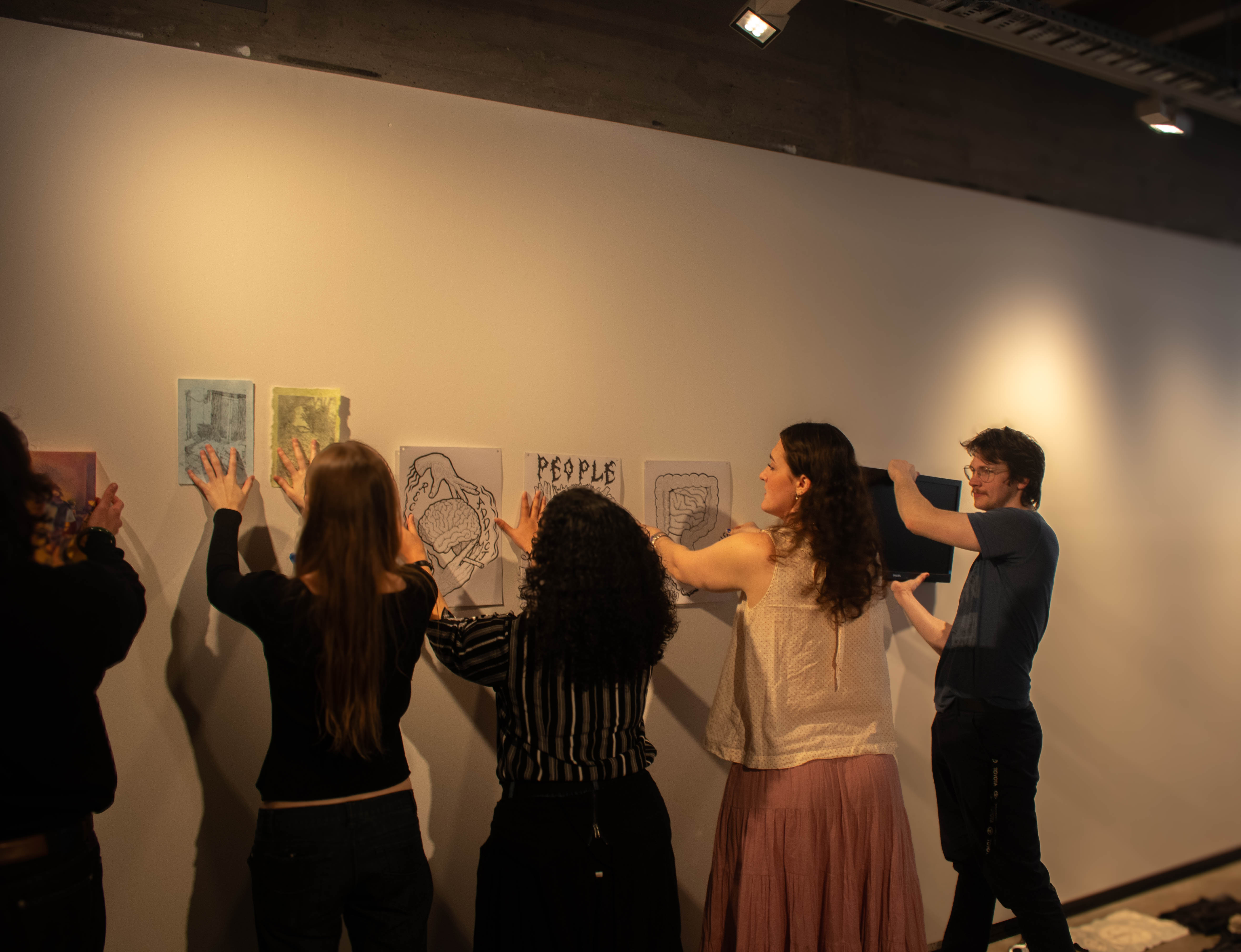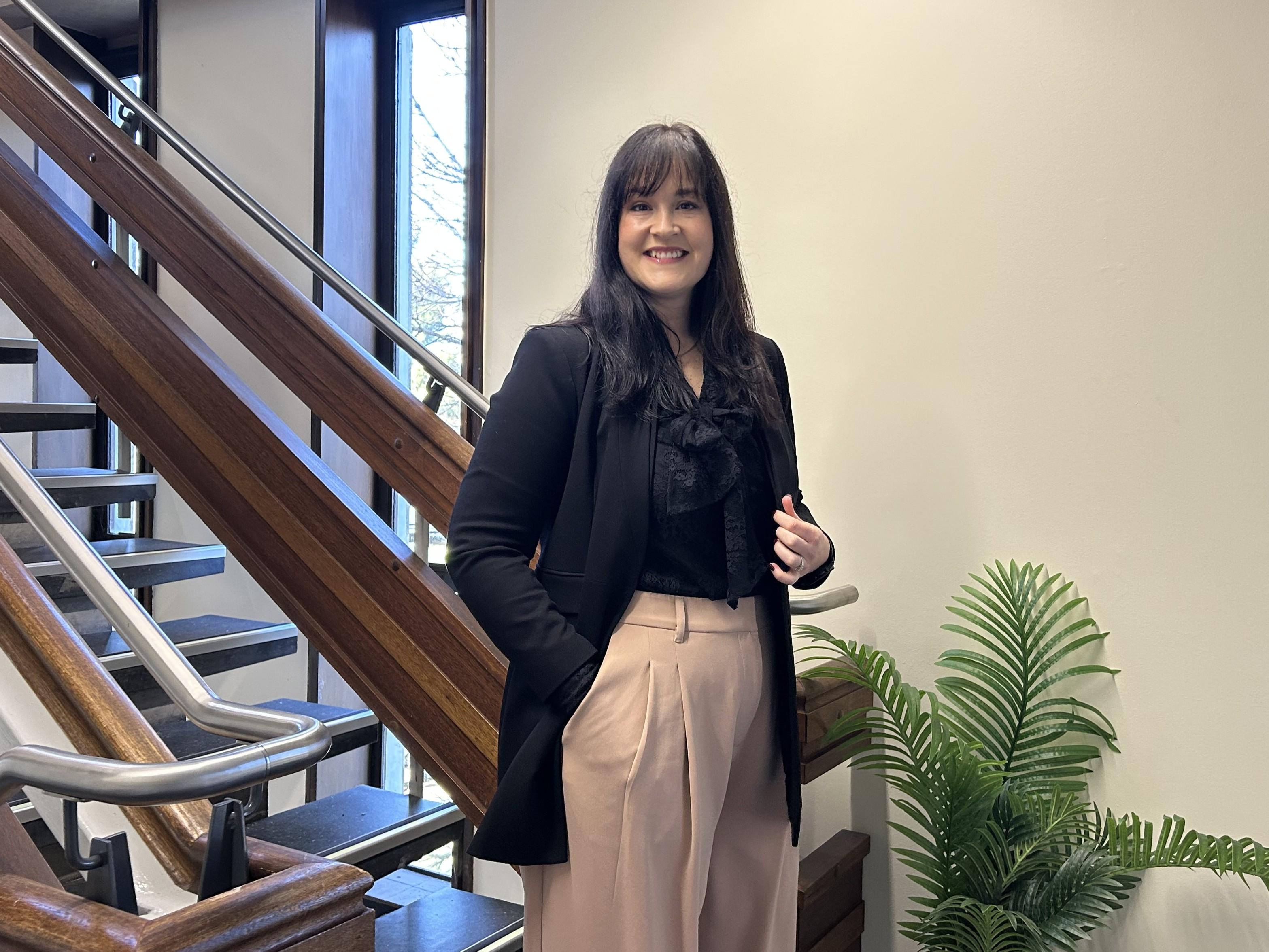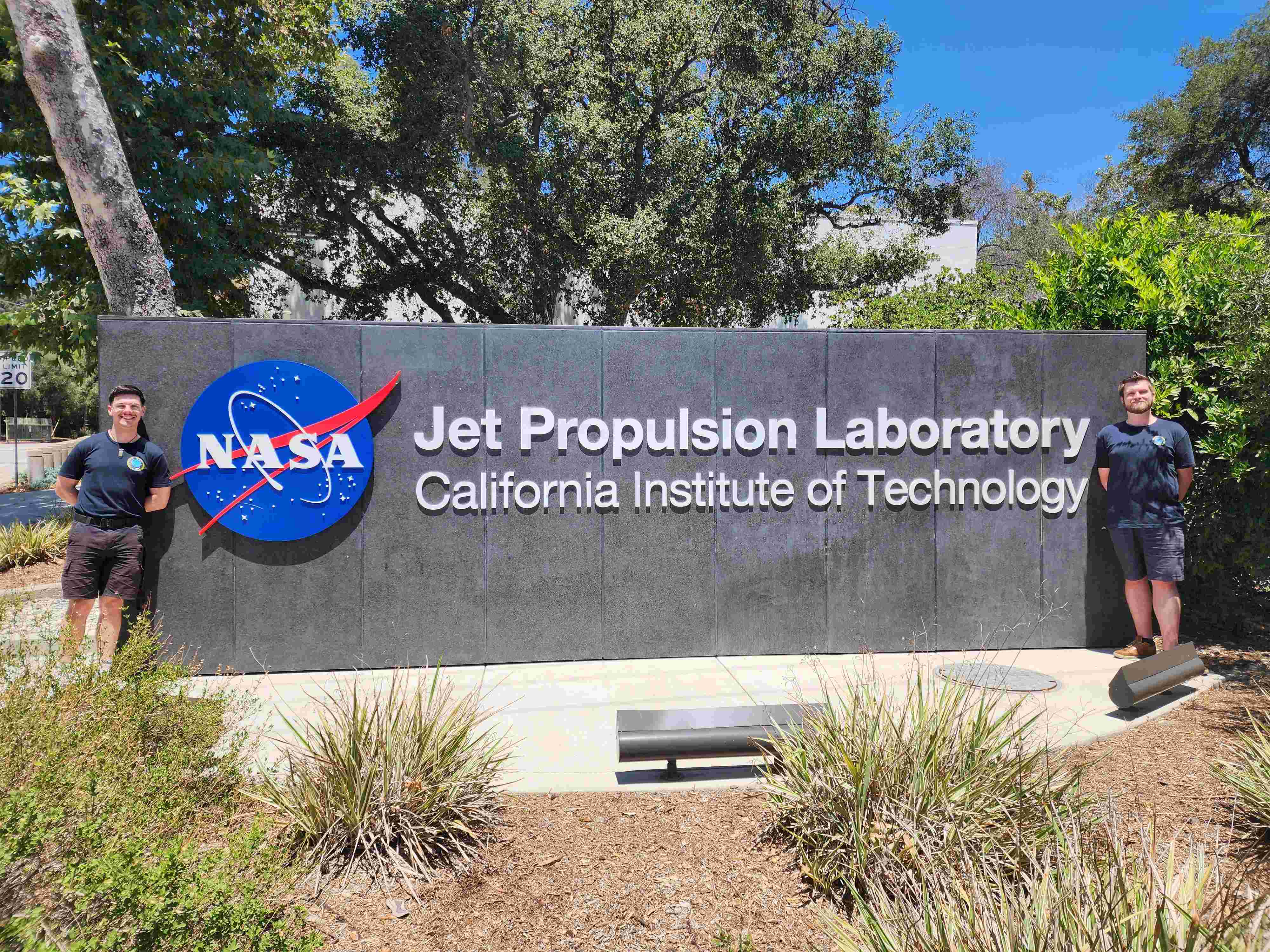First World War commemorations missed a major opportunity to share with the public less well-known stories about the impact and significance of the war on former members of the British Empire. This is one of the conclusions in Reflections on the Commemoration of the First World War: Perspectives from the Former British Empire which is published this week by Routledge.
Co-editors, Dr David Monger, Senior Lecturer in Modern European History at the University of Canterbury, and Sarah Murray, Curatorial Manager at Canterbury Museum, say that anniversary was commemorated around the world in exhibitions and events. Unfortunately, in many instances, these simply reinforced the dominant local stories of the event - in New Zealand’s case Gallipoli and Anzac - and did not attempt to share less well-known, but equally important, stories with the public.
The book resulted from a 2018 conference at Tūranga in Christchurch, attended by more than 100 participants from local and international organisations and heritage institutions to mark the end of the First World War centenary period. The aim of the book is to offer a fresh perspective on First World War narratives and, for those involved in the cultural sector, an analysis of what worked and what didn’t.
“The interesting thing about the commemoration of the First World War was that it was out of step with how history scholars’ thinking has evolved beyond long-held views and analysis,” Dr Monger says. “For many New Zealanders, their connection with the war is almost exclusively with Gallipoli, soldiers, death and futility. According to one of our contributors, this repeated ideas people derived from a New Zealand nationalism of the 1980s.
“Galleries, libraries and museums are trying to overcome persistent clichés; however, what academics, historians and curators think often differs from what politicians and the public think about the war’s significance.”
In part one of the book, historians question some of the approaches taken in commemoration activities in Britain, India, New Zealand and Australia, while the second part focuses on heritage practitioners in Canada and New Zealand.
“We hope that future commemorations will be prepared to learn from what the centenary has shown us and look beyond commonly-held narratives for future anniversaries,” Murray says.
Reflections on the Commemoration of the First World War: Perspectives from the Former British Empire, edited by David Monger and Sarah Murray, is published by Routledge.
More information about the editors:
Dr David Monger is Senior Lecturer in History at the University of Canterbury. He is the author of Patriotism and Propaganda in First World War Britain: The National War Aims Committee and Civilian Morale, co-editor of Endurance and the First World War: Experiences and Legacies in New Zealand and Australia and has written several articles on aspects of First World War history.
Sarah Murray is Curatorial Manager at Canterbury Museum, Christchurch. She specialises in the history of the First World War and public history. Sarah is the author of A Cartoon War: The Cartoons of the New Zealand Free Lance and New Zealand Observer as Historical Sources, August 1914–November 1918, co-editor of Endurance and the First World War: Experiences and Legacies in New Zealand and Australia and has both published articles and curated exhibitions on






-43%20(1).jpg)
.jpg)


